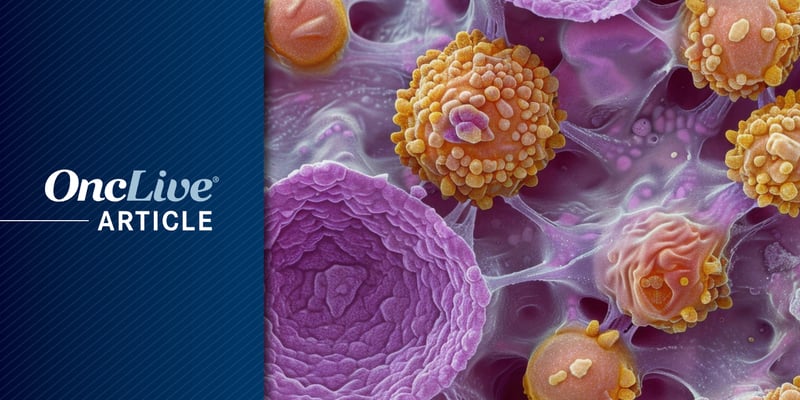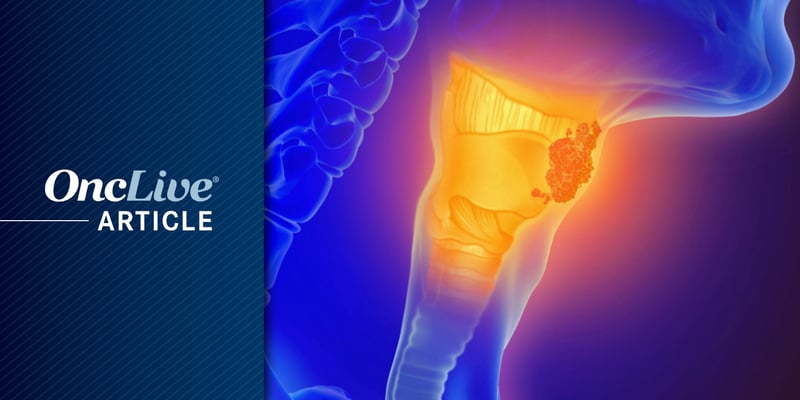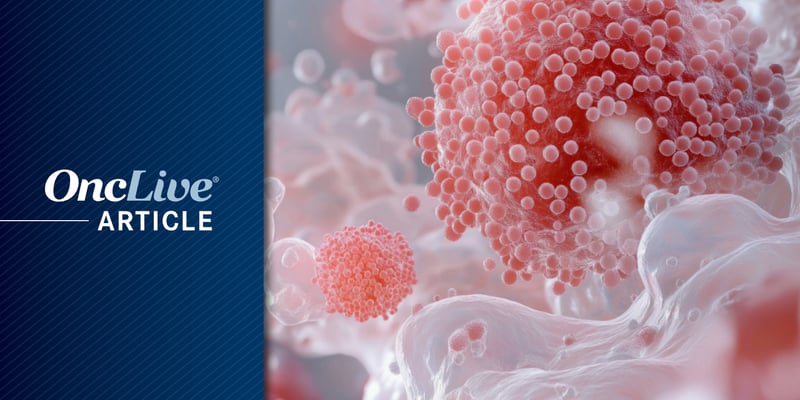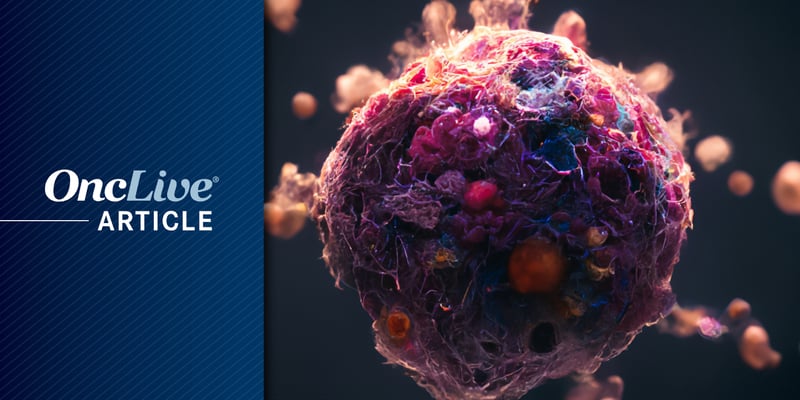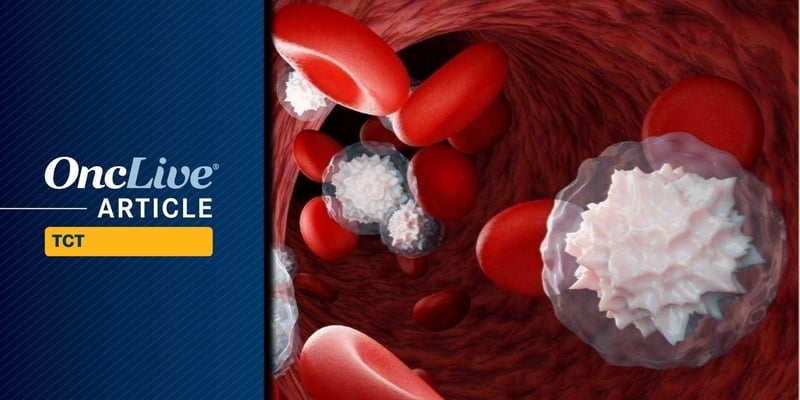FDA批准Penpulimab (Anike) 用于非角化性鼻咽癌治疗
美国食品药品监督管理局(FDA)近日宣布,正式批准了靶向免疫疗法 Penpulimab-kcqx(商品名:Anike),用于治疗成人复发性或转移性非角化性鼻咽癌(NPC)。这一批准涵盖了两种治疗方案:一是作为一线疗法,与顺铂(cisplatin)或卡铂(carboplatin)联合吉西他滨(gemcitabine)化疗;二是作为单药疗法,用于既往接受过铂类化疗后疾病进展,且至少接受过一线其他治疗的转移性非角化性鼻咽癌成人患者。
关键临床研究数据支持批准
FDA做出此项决定的依据主要来自两项关键的临床试验数据。
其中,支持 Penpulimab 联合化疗作为一线疗法的批准,源于一项名为 AK105-304(NCT04974398)的 III 期临床试验。该研究评估了 Penpulimab 联合顺铂/卡铂和吉西他滨化疗对比安慰剂联合相同化疗方案的疗效。结果显示,在 Penpulimab 联合治疗组中,患者的中位无进展生存期(PFS)达到 9.6 个月(95% CI, 7.1-12.5),而安慰剂联合化疗组仅为 7.0 个月(95% CI, 6.9-7.3)。风险比(HR)为 0.45(95% CI, 0.33-0.62; P <.0001),表明 Penpulimab 联合化疗显著降低了疾病进展或死亡风险。12 个月的 PFS 率在试验组和安慰剂组分别为 31% 和 11%。尽管数据截止时总生存期(OS)结果尚未成熟,但未观察到 Penpulimab 带来不利趋势。
此外,支持 Penpulimab 单药用于经治患者的疗效数据,来自一项单臂 II 期临床试验 AK105-202(NCT03866967)。该研究纳入了 125 名不可切除或转移性非角化性鼻咽癌患者,这些患者均在接受铂类化疗后疾病进展,并至少接受过一线其他治疗。
Penpulimab 的安全性与不良反应
与其他免疫检查点抑制剂类似,Penpulimab 治疗可能引起免疫介导的不良反应,包括肺炎、结肠炎、肝炎、内分泌疾病、伴肾功能不全的肾炎以及皮肤毒性等。
在 Penpulimab 联合化疗方案中,超过 20% 患者报告的常见不良反应包括恶心、呕吐、甲状腺功能减退、便秘、食欲下降、体重下降、咳嗽、COVID-19 感染、疲劳、皮疹和发热。而 Penpulimab 单药治疗中最常见的不良反应则包括甲状腺功能减退和肌肉骨骼疼痛。
值得注意的是,在临床试验中,有 1% 的患者发生了致命性不良反应,具体个案包括肺炎、感染性休克、结肠炎和肝炎。
推荐用法用量
对于 Penpulimab 联合顺铂/卡铂和吉西他滨的方案,推荐剂量为每 3 周一次 200 mg,直至疾病进展、出现不可耐受的毒性或最长治疗 24 个月。
对于既往接受过治疗的转移性非角化性鼻咽癌患者,Penpulimab 单药治疗的推荐剂量为每两周一次 200 mg,直至疾病进展或出现不可耐受的毒性,最长治疗 24 个月。
获取Penpulimab等海外靶向药的途径
Penpulimab 的获批为非角化性鼻咽癌患者提供了新的治疗选择。对于希望了解更多关于 Penpulimab 等海外创新靶向药信息,或寻求海外购药代购服务的患者,可以参考 MedFind 网站提供的抗癌资讯,包括详细的药物信息和诊疗指南。此外,患者还可以利用 MedFind 的AI问诊服务进行初步咨询,获取个性化建议。
请注意,获取海外药物需通过合法合规的渠道,并务必在专业医生的指导下进行。
Support for the FDA decision comes from the phase 3 AK105-304 trial (NCT04974398), which evaluated the efficacy of penpulimab vs placebo with cisplatin or carboplatin and gemcitabine.
The FDA has approved penpulimab-kcqx (Anike) with cisplatin or carboplatin and gemcitabine as a first-line treatment for adult patients with recurrent or metastatic non-keratinizing nasopharyngeal carcinoma (NPC), according to a news release from the FDA. In addition, penpulimab was approved as a single-agent therapy for adult patients with metastatic non-keratinizing NPC experiencing disease progression on or after platinum-based chemotherapy and one additional line of therapy.
Support for the FDA decision came from the phase 3 AK105-304 trial (NCT04974398), which evaluated the efficacy of penpulimab vs placebo with cisplatin or carboplatin and gemcitabine. Therein, the median progression-free survival (PFS) was 9.6 months (95% CI, 7.1-12.5) in the investigational arm vs 7.0 months (95% CI, 6.9-7.3) in the placebo arm (HR, 0.45; 95% CI, 0.33-0.62; P <.0001). The 12-month PFS rates were 31% and 11%, respectively. Although overall survival (OS) results were immature at the time of data cutoff, no detrimental trend was observed with penpulimab.
Additionally, the efficacy of penpulimab monotherapy was evaluated in the single-arm phase 2 AK105-202 trial (NCT03866967) in 125 patients with unresectable or metastatic non-keratinizing NPC who experienced disease progression on or after platinum-based chemotherapy and one additional line of therapy.
Immune-mediate adverse effects (AEs) related to penpulimab treatment included pneumonitis, colitis, hepatitis, endocrinopathies, nephritis with renal dysfucntion, and skin toxicities. AEs occurring in more than 20% of patients treated with penpulimab with chemotherapy included nausea, vomiting, hypothyroidism, constipation, decreased appetite, decreased weight, cough, COVID-19 infection, fatigue, rash, and pyrexia. Additionally, the most common AEs for penpulimab monotherapy included hypothyroidism and musculoskeletal pain. Fatal AEs occurred in 1% of patients, including individual cases of pneumonitis, septic shock, colitis, and hepatitis.
The recommended dose of penpulimab with cisplatin or carboplatin and gemcitabine is 200 mg once every 3 weeks until progression, unacceptable toxicity, or for a maximum of 24 months. The recommended single-agent dose for previously treated NPC is 200 mg biweekly until progression or unacceptable toxicity for a maximum of 24 months.
Reference
FDA approves penpulimab-kcqx for non-keratinizing nasopharyngeal carcinoma. News release. FDA. April 23, 2025. Accessed April 23, 2025. https://tinyurl.com/yy29zm3u

